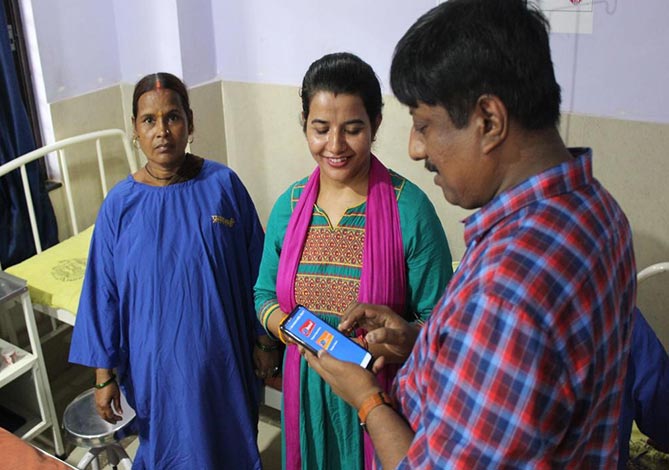Our Activities
- During this period mobile mentoring teams of nurses and doctors (MNMT, MDMT) provided the much-needed clinical training through skill labs that CARE had helped set up at the facilities for the frontline healthcare staff. Facilitators helped strengthen the health sub-centre review platform where all the outreach frontline staff converged.
- Through its innovative incremental learning approach, the frontline staff was imparted basic knowledge on understanding health issues and planning services to address those. Focus on conducting Village Health sanitation and nutrition day (VHSND) to address the last-mile delivery of services was also done.
- An enabling environment was required to be created that would allow for collaboration, trust, and contextual problem solving with the stakeholders.
- A systemic approach to solving problems was required, wherein collaboration with technical partners to get to the roots will be necessary.
- Interventions should be designed on global evidence-based best practices, as pilots with contextualised learnings.
- A flexible and adaptable platform design would be required upon which interventions and innovations can be built.
- It is necessary to intervene at the neglected and mismanaged frontline with a focus on the most vulnerable, which will help enhance the trust of the communities that will not only boost coverage and delivery but also pay dividends in larger system improvement efforts in the future.
- The system shows scope for embedding technology at various levels, but this needs a careful design to ensure scalability and enhanced user experience.
- Developing the system’s HR capabilities was found to be key to sustainable practices.





